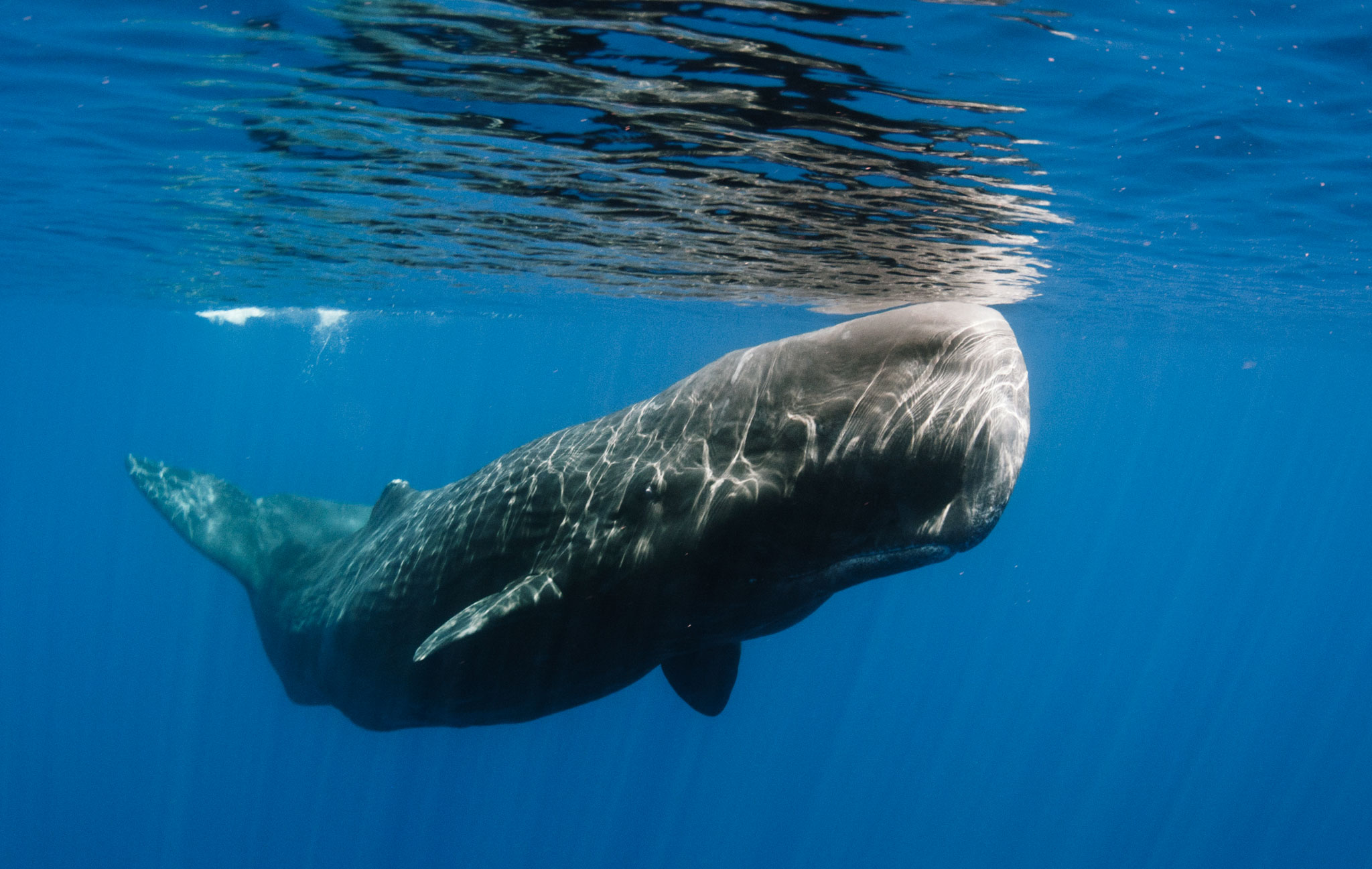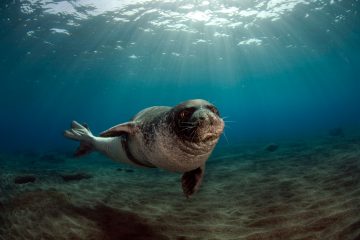Ted Karfakis, field biologist and head of NGO and European Rewilding Network member Terra Sylvestris, explains the theory and practice behind a Greek rewilding initiative.

Situated off the west coast of mainland Greece, on the eastern edge of the Ionian Sea, are the small islands of Kalamos and Kastos. It is here that a rewilding initiative is now working to gradually bring back wilder nature, with humans integrated in an ecologically sustainable way.
If you had visited these islands 10,000 years ago, the waters offshore would have teemed with huge fish and sea turtles, while pods of orcas would have preyed on bountiful populations of seals. On land pygmy elephants of pint-sized proportions would have grazed lush evergreen forests.
Founded in 2014, the Terra Sylvestris organisation is now working to rewild Kalamos and Kastos, which still have the capacity to support a rich biological diversity. We joined the European Rewilding Network in January 2016, and look forward to sharing expertise and experience with other rewilding initiatives across Europe.
Our objective may sound ambitious, but the reasoning is simple. Kalamos and Kastos are bubbles of non-disturbance in a relatively disturbed surrounding area. Home to just 10% of the human population that was present in the 1960s, most of the land here is now privately owned. As a result, nature is rapidly coming back. And with a push from Terra Sylvestris, we can look ahead to a far wilder future.

In the seas offshore the marine ecosystem is still relatively healthy. Monk seals, several cetacean species and even sperm whales still frequent what is one of the last strongholds for marine megafauna in the Mediterranean. The islands also lie at the heart of the second largest marine protected area in the country. Other than the locally extinct orca and dugong (the presence of the latter is yet to be confirmed absolutely), the ecosystem is degraded mostly by unsustainable human activities such as aquaculture, destructive forms of fishing and coral poaching.
Despite the relative health of terrestrial and marine ecosystems, there is now an acute lack of scientific data necessary to reinforce the legal and practical protection of the islands and their offshore waters, over and above that afforded by their conservation status as Natura 2000 and ACCOBAMS treaty sites.
Data collection is therefore crucial to the rewilding of Kalamos and Kastos, as is scientific research and advocacy. It is for this reason that Terra Sylvestris has established a biological field station, together with a related eco-community initiative. These will not only boost local wildlife conservation through the information and results that they generate, but also drive the development of sustainable, nature-based economies and environmental management systems. We are currently engaged in mapping ecosystems on both land and sea using GIS and direct observation.
As part of the eco-community initiative a trial of organic agriculture has been started. We are now working to develop income generating options in the field of tropical and subtropical fruit production, using trees such as guava, avocado, mango and passion fruit. And we are also in the early stages of developing a nature-based tourism programme, based on low impact operations, and with the use of locally sourced guides.
Terra Sylvestris is now working to develop the management of both terrestrial and marine areas by local communities on Kalamos and Kastos. We will follow successful community conservation models from around the world, in places where all of the megafaunal assemblages have either returned, or are in the process of returning. We would like to see both terrestrial and marine areas to become internationally recognised community conserved areas, with a governance system based on a self-organised assembly of local people.
Our organisation is largely dependent on volunteers from around the world. Please find more information on our website.
